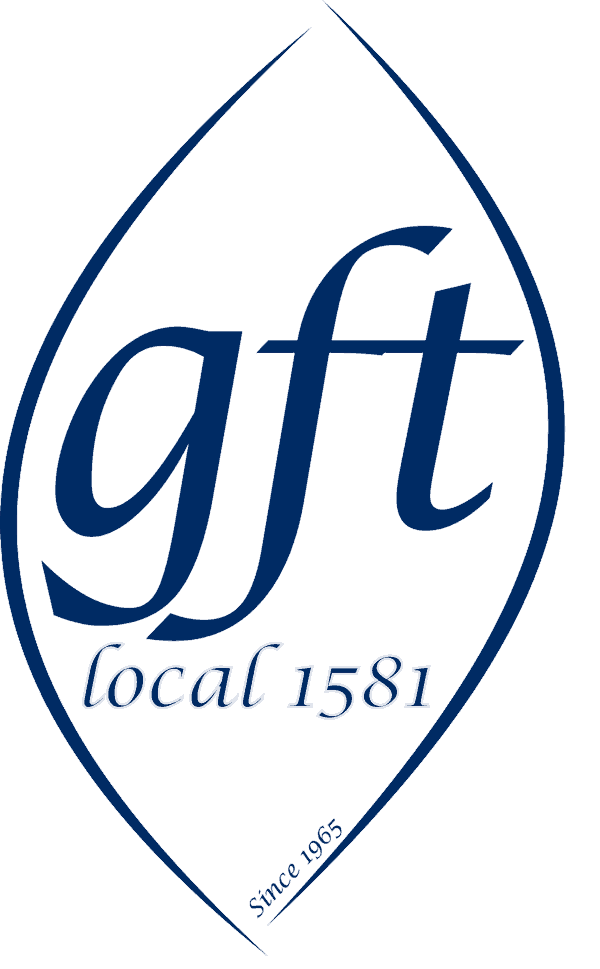Healthcare workers are on the frontlines of the COVID-19 pandemic. Protecting them from being exposed to COVID-19 is critically important so that they can continue to care for patients, avoid spreading the infection, and so that their own health is safeguarded. Nurses and other healthcare workers caring for COVID-19 patients are experiencing high levels of stress as they respond to the coronavirus outbreak.
The Centers for Disease Control and Prevention downgraded the recommended level of respiratory protection due to a shortage of N95 respirators, saying that facemasks are adequate for staff who are caring for patients with suspected or confirmed COVID-19. The CDC’s guidance appears to be based solely on a shortage of N95s rather than on science. Additionally, the agency failed to promote other kinds of respirators, such as powered air-purifying respirators (PAPRs) and elastomeric respirators.
Despite this change by the CDC, the Occupational Safety and Health Administration will continue to enforce the respiratory protection standard in relationship to COVID-19 with certain limits. OSHA promotes the use of other respirators in addition to N95s, such as N99s, N100s, powered air-purifying respirators, and half-mask and full-facepiece elastomeric respirators. OSHA has relaxed the requirement for annual fit testing, but employers should continue with initial fit testing and fit-test workers if they have experienced significant weight fluctuations, dental changes or other problems that impact the respirator seal. Employers must make a good faith effort to comply with the respiratory protection standard.
Now more than ever, healthcare employers must use strong screening and isolation protocols and other methods to reduce healthcare workers’ risk of exposure to COVID-19 and to control infection spread.
The AFT will continue to press the federal government for the resources needed to protect patients and healthcare workers from COVID-19.

